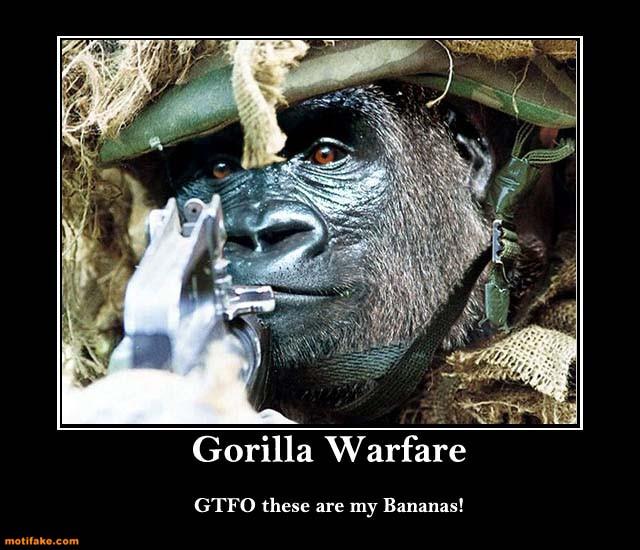
SANCTIONS: GUERILLA WARFARE

Efforts to reach a peace deal between Ukraine and Russia continue. But western businesses are finding themselves hit increasingly hard by Russia-related sanctions – from both sides.
Since the US and EU moved to "sectoral" sanctions in late July – to target not just cronies of President Vladimir Putin but whole sectors of Russia's economy – western businesses have been suffering collateral damage.
Banning some of Russia's largest state-controlled banks, oil companies and defence contractors from raising western financing has hit the fee income of western banks. This effect has been exacerbated by "self sanctions", as western banks opt to steer clear of Russian clients more broadly.
Last Friday, the US went a step further: restricting US companies' ability to work on Russia's Arctic, deepwater and shale projects – directly threatening an existing ExxonMobil project in the Kara Sea.
However, western business is now being specifically targeted by Russian countermeasures. Last month, Moscow banned selected food imports from the EU, US, Norway, Canada and Australia. In response to the latest western sanctions, Andrei Belousov, an adviser to Mr Putin, said Russia might extend this food import ban to cars, textiles and other light manufactured goods. Prime Minister Dmitry Medvedev has said Moscow might also ban EU airlines from flying through Russian airspace to Asia.
With an EU agreement on extending sanctions becoming increasingly difficult to secure, Chris Weafer of Macro-Advisory, a Moscow consultancy, suggests the anti-Russian measures may have reached a "high water mark" – unless there is a further dramatic military escalation by Russia, such as a full-scale invasion of east Ukraine.
But perhaps the most insidious development is the apparent guerrilla warfare being waged by Russia against some western companies, using regulatory bodies and police to apply pressure.
So far, the most high-profile victim is McDonald's.
In July, Russia's food safety regulator asked a court to ban some of the fast-food chain's products, citing alleged sanitary violations. A month later, the regulator temporarily closed four McDonald's branches – including the flagship on Moscow's Pushkin Square. This is not just one of the world's busiest McDonald's but, since it opened in 1990, a symbol of the end of the cold war. Now, a dozen branches have been closed and 100 inspected. Although this is a fraction of McDonald's 440 Russian outlets, it highlights the potential for further interference in western companies' business.
Alexei Pushkov, chairman of the Russian parliament's foreign affairs committee, hinted at a political motive this week, tweeting: "The US is half a gigantic McDonald's; 53 per cent of inhabitants regularly go to McDonald's. Therefore, their closure in Russia is a symbolic step."
Last Friday, Sweden's Ikea had its Moscow headquarters raided. Investigators are reportedly investigating the land deal for its first Moscow store, opened some 14 years ago.
Finland's Valio, a dairy producer, was also raided last month by Russian police investigating alleged money laundering by an unrelated entity. The police search added insult to injury after Valio was hit particularly hard by the food ban – Russia accounted for nearly one-fifth of its sales last year.
Companies such as Ikea are veterans of Russian harassment. Back in 2009, the retailer suspended its investment in Russia, complaining of corruption – only for two of its executives to be embroiled in a bribery scandal a year later.
Raids by masked and armed investigators, searching offices and factories, have long been emblematic of Russia's weak rule of law and property rights. But raids on foreign companies had become increasingly rare in recent years, as Russia tried to court much-needed investment.
The Valio, McDonald's and Ikea cases suggest such tactics may be back. So, too, does Tuesday's worrying house arrest of one of Russia's richest men, Vladimir Yevtushenkov, amid an apparent fight over ownership of one of the country's few remaining oil companies outside state control. The case carried echoes of the arrest of Mikhail Khodorkovsky, the Yukos oil company chief, 11 years ago.
Kiev and Moscow may eventually come to terms, and sanctions may pass. But after 20 years of efforts to integrate Russia into the world economy, the market may be underestimating the lasting damage being done to its ties with international business.
ft.com





